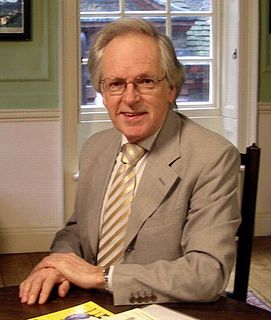A Quote by James Gleick
The quotation-business is booming. No subdivision of the culture seems too narrow to have a quotation book of its own.... It would be an understatement to say that these books lean on one another. To compare them is to stroll through a glorious jungle of incestuous mutual plagiarism.
Related Quotes
My readers, who may at first be apt to consider Quotation as downright pedantry, will be surprised when I assure them, that next to the simple imitation of sounds and gestures, Quotation is the most natural and most frequent habitude of human nature. For, Quotation must not be confined to passages adduced out of authors. He who cites the opinion, or remark, or saying of another, whether it has been written or spoken, is certainly one who quotes; and this we shall find to be universally practiced.
The art of quotation requires more delicacy in the practice than those conceive who can see nothing more in a quotation than an extract. Whenever the mind of a writer is saturated with the full inspiration of a great author, a quotation gives completeness to the whole; it seals his feelings with undisputed authority.
I know people are really interested in everything that the celebrities are doing, even if you don't consider yourself a "celebrity." What always would drive me crazy is - I took ethics classes in college - and it always amazes me how there would blatantly be something that I did not say in quotation marks. If you're putting quotation marks around it, it better be exactly what that person said.
I took ethics classes in college, and it always amazes me how they [tabloids] will blatantly say something that I did not say, in quotation marks. The first thing that we learned in ethics is that you better have it right. If you're putting quotation marks around something, it better be exactly what that person said.
There's a famous quotation from the time the Buddha learned of the deaths of two of his greatest disciples: "It's as if the sun and the moon have left the sky." From that quotation, I would guess that while the Buddha loved all beings everywhere, with no exclusion, he also had relationships that were special to him, and he felt their loss.
You said, 'I love you.' Why is it that the most unoriginal thing we can say to one another is still the thing we long to hear? 'I love you' is always a quotation. You did not say it first and neither did I, yet when you say it and when I say it we speak like savages who have found three words and worship them. I did worship them but now I am alone on a rock hewn out of my own body.

































